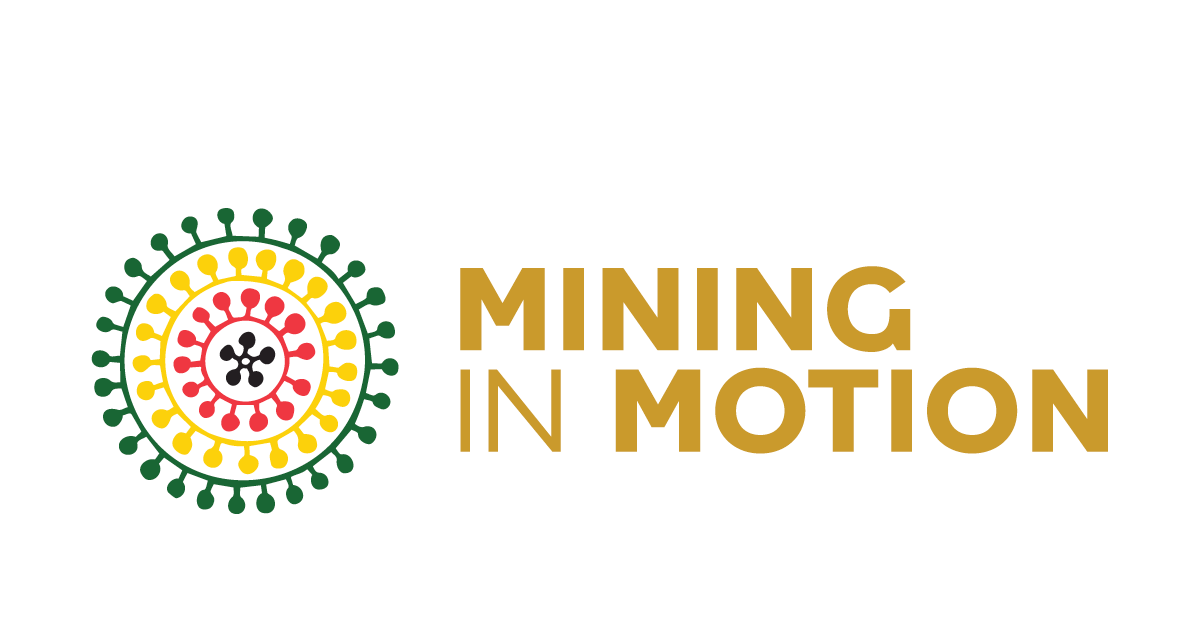Mining in Motion Summit: Diverse Funding Models Driving Ghana’s ASM Sector
)
Ghana’s artisanal and small-scale mining (ASM) sector is increasingly recognized for its critical role in gold production and local livelihoods. Yet, access to finance remains a key barrier to formalization and sustainability. As such, a broad mix of traditional, innovative and institutional funding models are beginning to reshape the financial landscape for ASM in Ghana.
A targeted panel discussion - sponsored by StoneX - at the Mining in Motion Summit in Accra explored key financing options for ASM. Titled Funding Models for ASM, the discussion centered on the challenges, opportunities and best practices for improving financial accessibility in the ASM sector.
“We need a legal view of offtake agreements to ensure they are enforceable,” stated Henry Ampong, Regional Head, Corporate and Investment Banking, Ecobank Ghana, adding, “We look at how legal frameworks support requisite business documentation in order to support artisanal and small-scale mining operations in Ghana.”
Traditionally, ASM operators have relied on informal funding from community groups, family networks and gold or mercury traders who offer upfront financing in exchange for future gold production. Some processing plants also finance miners in return for a share of extracted ore. However, the panelists noted these arrangements often lack transparency and rarely prioritize environmental or social sustainability.
“Ghana has established a tiered system for operators like us to engage with aggregation centers. We need commercial banks to play a larger role in supporting viable alternatives for informal operators,” stated Tom de Boinville, Head of Mining and Metals Origination, StoneX.
To address these gaps, new funding mechanisms are emerging. Public-private partnerships, community-based financing schemes and ESG-linked financial instruments are gaining traction. These models not only provide capital but also align funding with responsible mining practices, helping miners transition to safer, more sustainable methods.
Meanwhile, banks like Ecobank Ghana are developing legal and financial frameworks to support enforceable offtake agreements, while StoneX is working with Ghana’s tiered system to engage ASM more securely. International organizations including the World Bank and United Nations Development Program are investing in structured programs such as the Ghana Landscape Restoration and Small-Scale Mining Project and planetGOLD.
Jerry Ahadjie, Chief Minerals Officer, African Development Bank emphasized the strategic importance of ASM in the green energy transition, noting that the bank is setting up youth entrepreneurial banks in several African countries to support informal sectors, including ASM.
“The energy transition is going to be minerals intensive. So, ASM is key in these affairs and of course we need to ensure that we support them across the value chain, be it from the policy, legal or regulatory aspects,” Ahadjie stated.
For Ghana, bridging the financing gap is essential to unlocking the full economic and development potential of its ASM sector. The convergence of informal ingenuity and formal support is creating new pathways for inclusive, responsible growth.

